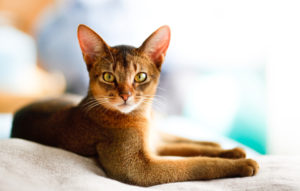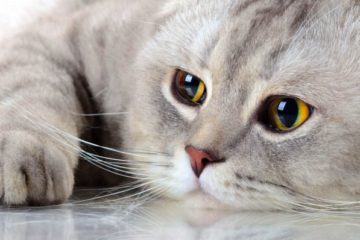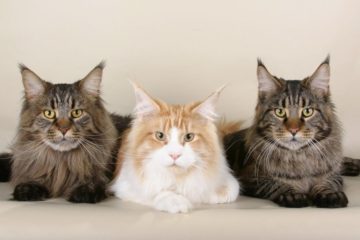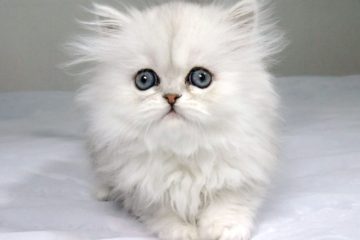Overview
Called the “Runway models of the cats’ world, the Abyssinian breed is fitted with a gaunt, thin, athletic body on long legs. The Aby observing after world with its large, beautiful lemon-shaped eyes, oversized acute ears, and its amazing fur. The fur has a ticked or agouti color enhanced by intermittent strips. The fur has a variety of colors, involving ruddy, blue, chocolate, lilac, butterscotch, and russet.
Usually, males weigh around 10 pounds and female Abys weigh around 8 pounds.
Origin 
The Abyssinian is one of the oldest cat breeds with information of its subsistence in ancient Egypt dating back about 4,000 years ago. A kitten named Zula was the first Aby, he was brought to Europe in 1868. A British soldier took him after Great Britain won Abyssinia (now Ethiopia) in the Abyssinian War.
In the United States, the Aby breed came in the early 1900s but did not start to enjoy American popularity until the 1930s. Nowadays, the Abyssinian is admitted by all cat breed registries. It classifies among the top five most well-known cat breeds.
Personality
Abyssinians certainly are very active. These are cats fomented by curiosity and incited by researching and mimicking the actions of their dear parents. For these reasons, it is essential to set up childproof catches on cabinets and other places you don’t want your spy-minded Abyssinian to look for.
This breed also very athletic and is able to of jumping up to 6 feet on the air and running like an Olympic champion. And your shoulder is frequently the best place for climbing for Abys if they are not trying to garner your attention to show off with some feline tricks.
This is a tender, devoted but exacting breed who should keep engaged to avoid making bored and devastating. Abyssinian cats also make you a careful housekeeper because they like to rise everywhere, so keep your breakable stuff securely out of paw’s reach.
Grooming
 Their stout, bushy shorthaired furs demand very little grooming and they seldom need baths. Aby is the Ideal human companions.
Their stout, bushy shorthaired furs demand very little grooming and they seldom need baths. Aby is the Ideal human companions.
Health
Abyssinian cats can carry over an inherited illness named pyruvate kinase deficiency that can cause anemia. Prospective cats parents should ask breeders if their pets have been examined and are clear of the problem. A reliable test is available for this, and you can do that in any vet clinic.
Another problem is called progressive retinal atrophy, which causes progressive blindness (it has been identified in some countries). Thus, it is important to ask the breeder about that, as well.


